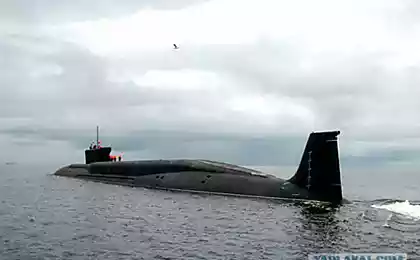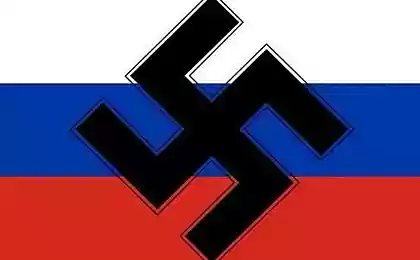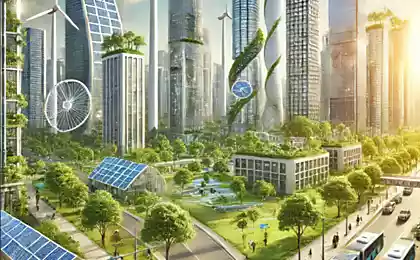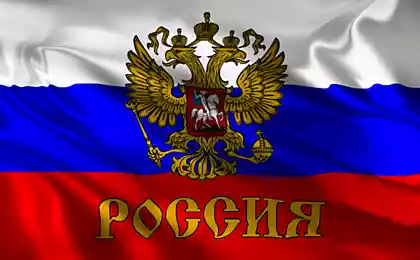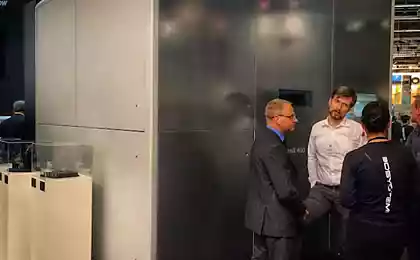606
2014 results: development of "green" technologies in Russia

Federal law of the Russian Federation of July 21, 2014 N 219-FZ "On amending the Federal law "On environmental protection".
This year the State Duma adopted developed by the Ministry amendments to the law "On environmental protection". This document strengthens control over the impact on the environment. He identifies the fourth category of objects that have a negative impact on the environment. It also takes account of the level of impact (significant, moderate, minor, minimal).
The law establishes for each category of measures of state regulation. For objects of I category provides for the issuance of integrated environmental permits instead of individual, and for category II issued the Declaration of environmental impact.
Will be introduced electronic rosinformcenter, which will improve the governmental accounting objects that have a negative impact on the environment. The implementation period of the plan shall not exceed seven years. That is, for the next seven years will be issued permits for emissions and discharges of radioactive substances.
Objects category I, stationary sources, the list of which is established by the Government of the Russian Federation, must be equipped with automatic means of measuring and recording the volume or mass of pollutant emissions and pollutant concentrations.
Overall, the bill provides for a gradual increase of a payment for negative impact on environment, introduction of integrated environmental permits and the introduction of the state ecological expertise for large infrastructure projects. This will help to strengthen the supervision of large polluters.
It is worth noting that the law shall enter into force from 1 January 2015, except for certain provisions.
February 1, 2014 cancelled fee for passenger electric transport
The effect of zero import duties on electric cars will run from 1 February 2014 until 31 December 2015. Import duty on electric vehicles reduced from 19% to zero. In addition, the Russian government has made charging and Parking for EVS free.
While in Russia electric cars are not widely popular and annually, only about 50 such machines. But, according to experts of the chamber of Commerce of the Russian Federation, by 2020 in our country every year will be sold already more than 200 thousand cars on electric. It is possible that this forecast is too optimistic, given the two main factors impeding the increase in the number of electric cars in Russia — the lack of infrastructure and high cost of electric vehicles compared to internal combustion engine counterparts.
In August, OJSC Russian grids announced that it will increase charging infrastructure for 80 stations in Moscow before the end of the year. And in 2015 the company plans to place several hundred charging stations in Moscow, Krasnoyarsk, Yaroslavl, Ekaterinburg, Krasnodar and other cities. By 2020 it is expected to deploy a network of charging infrastructure throughout Russia.
AvtoVAZ has completed the development of a hybrid Lada Granta sedan
AvtoVAZ has completed the development of hybrid vehicles on the state contract with the Ministry of industry, launched in the summer of 2012.
Created three versions of the hybrid car provided for the sedan Lada Granta. The first variant of the hybrid is fitted with 16-valve atmospheric petrol engine of 1.6 liters and gas equipment running on methane, the second variant has a 16-valve atmospheric petrol engine volume 1.4 liters, and the third received a 1.4-liter turbo engine. New vehicles meet the emission standards Euro-5 and Euro-6.
When a "green" car will hit the market in Russia is still unknown. However, the representatives of AVTOVAZ reported that the power plant uses a turbocharged engine — a first for AVTOVAZ. Its capacity is about 160 HP and 240Нм.
It should be noted that this is not the first hybrid car, which is collected in Russia. The first car was the Nissan Pathfinder hybrid, which began to gather at the plant in St. Petersburg. Information about this appeared in August of this year.
To assess the efficiency GOST approved a new
In 2014, approved by the national standard GOST R "energy Efficiency of buildings. Methodology of economic assessment of energy systems in buildings".
The national standard was developed to establish uniform requirements and rules of calculation of economic efficiency of energy saving measures in buildings, and selecting the most appropriate options for implementation of such activities.
Draft GOST R was developed by the Federal state budgetary educational institution of higher professional education "Moscow state construction University" (FGBOU VPO "MGSU"). A public debate took place from 13 August 2013 to 25 April 2014
The introduction of this standard will enhance the efficiency and economy of construction and operation of the back. And will also help in the development of procedures for the justification of the most appropriate from technical and economical point of view variant of implementation of energy saving measures in the building and their optimal combinations.
It is worth noting that the document will be introduced from 1 July 2015.
Source: greenevolution.ru
Hyperloop Elon musk — a revolution not only in transport
Going to the people: British scientists on how to explain science to the masses




